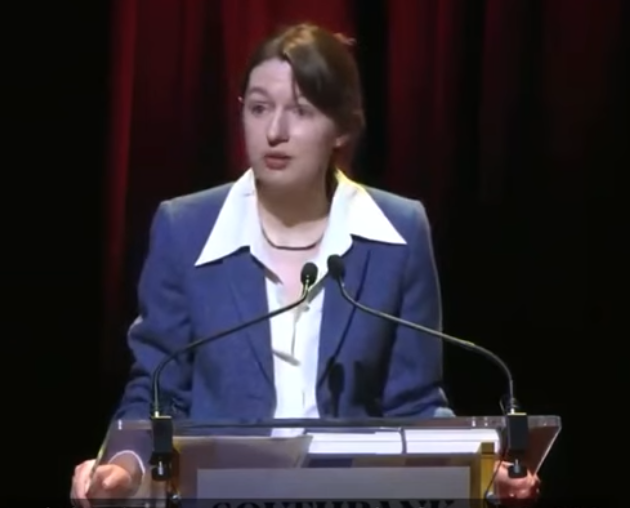
Irish novelist Sally Rooney has told the High Court she may be forced to halt publication of her books in the UK — and potentially withdraw existing titles —
following the government’s decision to proscribe Palestine Action.
The ban, introduced in July, made membership of or support for the group a criminal offence carrying a sentence of up to 14 years. The organisation’s co-founder, Huda Ammori, is now challenging the Home Office over the move.
Rooney revealed that in August she was warned she could be committing a terrorist offence after announcing she would donate proceeds from her novels and from the TV adaptations of *Normal People* and *Conversations With Friends* to support Palestine Action.
In a witness statement disclosed on Thursday, Rooney said producers of the BBC series had been advised they could not transfer money to her agent if those funds might ultimately aid the group, as doing so could breach anti-terror laws. She said it is now “unclear” whether any UK company can legally pay her, adding that preventing her from profiting from her work would “enormously restrict” her income.
Rooney explained that her publishing contracts rely on royalties. If those payments cannot legally be made, she said, she may be entitled to terminate her agreements — a move that could force her publisher, Faber and Faber Limited, to withdraw her books from sale in the UK. Such an outcome, she argued, would represent “a truly extreme incursion by the state into the realm of artistic expression”.
She also warned that while the ban remains in force, it is “almost certain” she cannot publish or produce new work in the UK. Her next book, she said, could be available worldwide “in dozens of languages” but not in the UK, unless she agreed to release it without payment.
Sir James Eadie KC, representing the Home Office, said in written submissions that the purpose of proscription is to prevent organisations “concerned in terrorism” from receiving public support. It is intended, he said, to deny such groups “the oxygen of publicity” as well as financial backing.
The High Court hearing is scheduled to finish on 2 December, with a written judgment to follow. Photo by Frank Barat, Wikimedia commons.








































